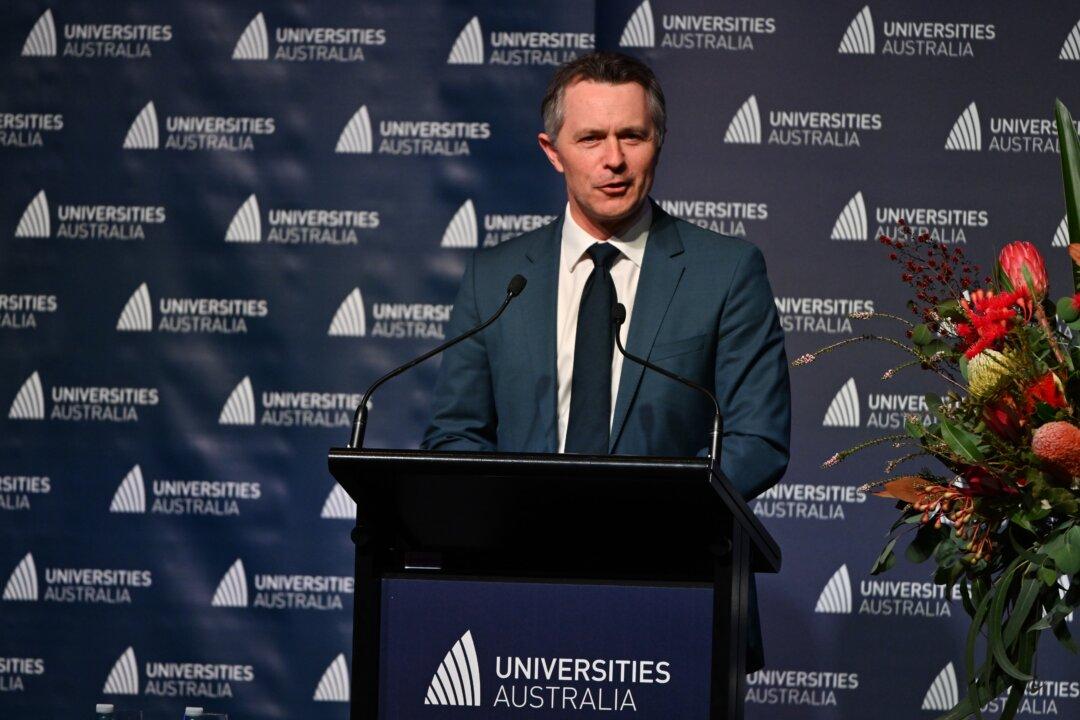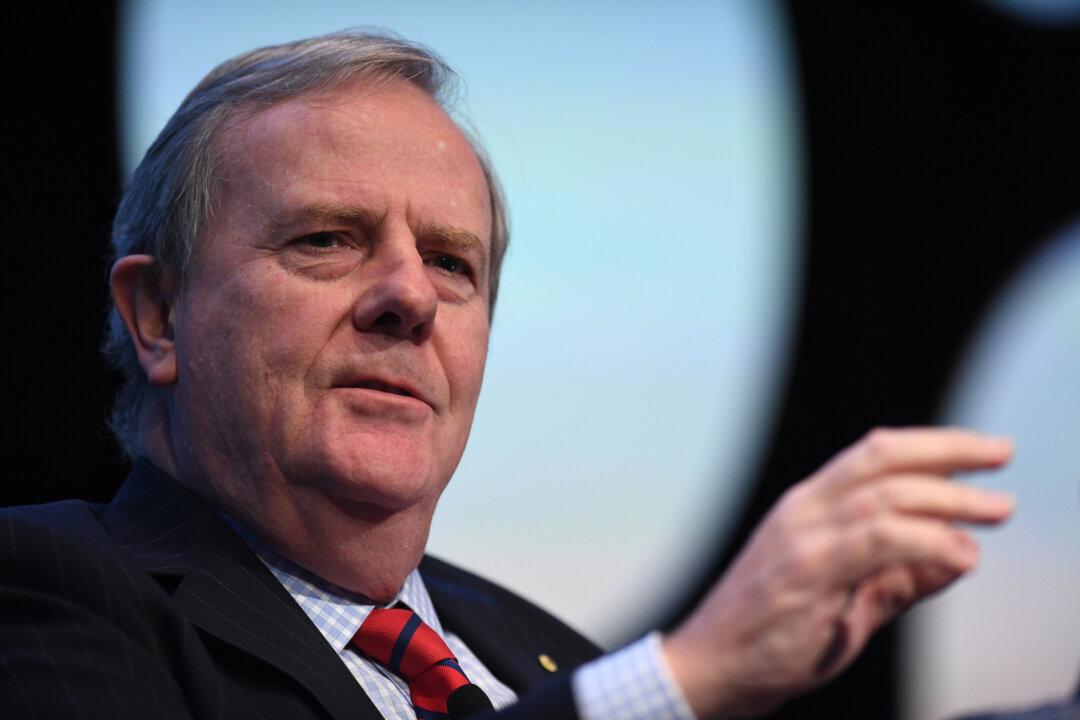A fees-free scheme at New South Wales (NSW) TAFE training institutes is “continuing to exceed targets,” says the federal and state governments, with interest surging in key vocations.
In figures released on April 7, 182,124 people enrolled in fee-free TAFE courses last year in NSW, and subjects like health, construction, IT, and teaching are booming.





